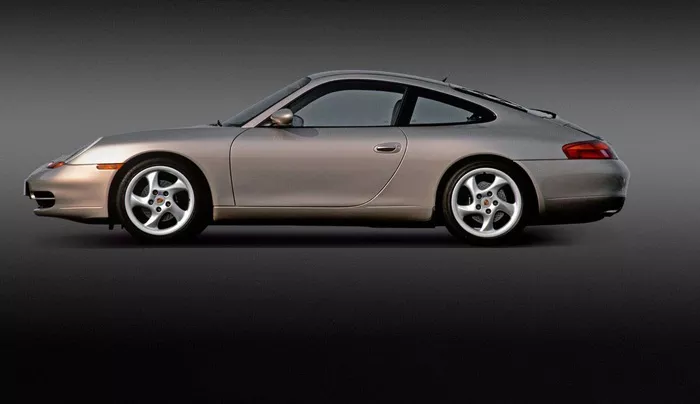Porsche and BMW are two iconic brands that have long been associated with motorsport, performance, and driver engagement. Their shared focus on these areas has attracted many similar fans. It’s not surprising, then, that the two companies once collaborated on production nearly 30 years ago. In 1995, Porsche turned to BMW’s expanding global presence to establish its footprint in Mexico, using a BMW assembly plant in Toluca. This partnership resulted in some noteworthy models.
In 1995, BMW opened its first assembly plant in Lerma, Toluca, Mexico. The plant assembled the BMW 3 Series and 5 Series, both popular models for local and international markets. These vehicles were built in Mexico to avoid high tariffs and taxes, which were common in the country. The following year, Porsche decided to follow suit. In 1996, Porsche began assembling vehicles at the same plant, marking the first time the company assembled cars outside Germany. Only about 75 units were produced, but this move marked a significant moment in automotive history, as it showcased a rare collaboration between two major brands.
Over time, the focus of BMW’s operations in Toluca shifted. One of the most interesting models assembled there was the E70 X5 Security Plus in 2009. This special version of the BMW X5 came with bulletproof glass, Kevlar, and reinforced suspension components, making it ideal for those needing extra protection. Interestingly, Porsche may have used more than just the assembly facilities. At least one Porsche 911 Carrera model was reportedly built with similar security features.
There has been speculation about the number of armored Porsche 911s made during this period. While some claim there was only one armored 911, known as the “Dragonfly Turquoise” car, other sources suggest around 100 were produced. Regardless of the exact number, the armored 911s shared similar features with BMW’s Security models, including thick bulletproof glass and a body made from bullet-deflecting material like Dyneema.
This collaboration between Porsche and BMW proved to be more than just a production partnership. It allowed Porsche to circumvent Mexico’s manufacturing requirements, which mandate that automakers produce cars within the country before selling them locally. This gave Porsche a strategic advantage and helped the company establish nearly 50 dealerships throughout Mexico and South America, with almost a dozen stores in Mexico alone.
While Porsche likely would have expanded into Latin America eventually, BMW’s assistance certainly accelerated the process. This collaboration set the stage for Porsche’s success in the region, showcasing how two automotive giants can benefit from shared resources and expertise.

